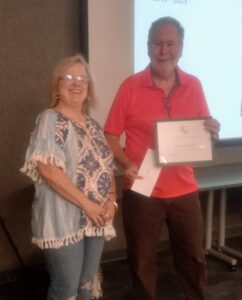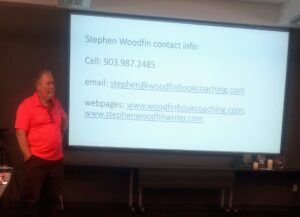How Indie Writers Have Fueled the Rise of Book Coaching
A working definition of the term Indie writer is “an author who works independently of traditional publishing.”
Writing something consists of three stages:
- Thinking about or fixin’ to write about something. This could take weeks, months, or years.
- Finishing your manuscript and saying: “I’m glad that’s over with!”
- The world beats a path to your door. (Hahaha!)
The truth is: it’s plain, old hard work.
The deal is that often, you don’t know where to start, how to continue, or how to end your book.
With the advent of Amazon, Kindle Direct Publishing, e-books, and print-on-demand over the last fifteen years, writers have realized they can take control of their destinies.
Difficult to find a good critique group that works.
Coach should be invisible and taking you to each new step without feeling like you’re being lead.
What does a book coach do for the student?
Back in the old days, authors had an editor who guided them through the development of their book.
But when the publishing world went indie, authors found they were on their own.
Some writers were lucky enough to find a group like ETWG. However, there is a difference between the occasional camaraderie of other authors and the one-on-one relationship that exists between a student and a writing coach.
Fifteen years ago, I spent three years working with a book coach and the experience was the best thing that had ever happened to me as a writer.
What if the writer has already completed his first draft!
With the case of a completed draft, the coach is engaging in a developmental edit not proof reading or line editing. The coach looks at the big issues like:
- Does the story have a point or a purpose?
- Is the world of the story believable and logical?
- Is the story narrative driven and a clear and effective trajectory?
- Is there a protagonist with a desire and something standing in her way?
- Is there an inside outline and cause and effect projectory in every scene?
- Does the point of view make sense and serve the story?
- Does someone reading the book understand what they are reading?
- Are character’s emotions on the page with the proper point of view?
- Is the writer showing not telling? You must show the emotion and the soul.
- Does the protagonist make decisions with clear consequences? Head hopping can be frustrating.
- Does the story have a point and a purpose? 

What if the writer and coach meet the first time and the writer already has a polished manuscript?
It depends on where the writer is when he encounters the writing coach.
The coach will work with you wherever you are in your manuscript.
Stephen Woodfin information:
Cell: 903 967 3485
Email: stephen@woodfinbookscoaching.com
Webpages: www.woodfinbookcoaching.com; www.stephenwoodfinwriter.com


